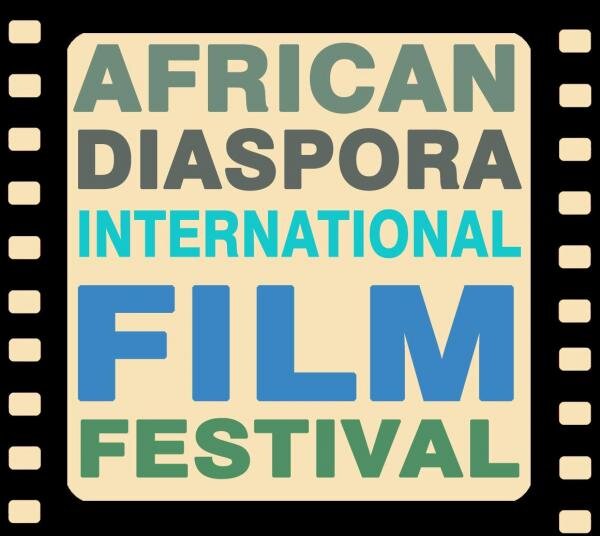Moto Taxi Take You For a ride
By GL Harris
Moto Taxi, the first feature film of Narcisse Wandji, explores the world the of motorcycle taxi drivers in Cameroon. It follows three hard-driving moto-taxis, Sani, Marie, and Frank. Like an opera, each story shows highs and lows of daily challenges they must overcome to survive.
Sani struggles to face the consequences of his actions—namely getting his fearsome boss’s daughter pregnant. He must literally run for his life. Marie struggles to find her rapist, Tom. She battles daily to make a living taking care of her child born of the crime. Frank is a small time thief who takes cell phones and other items from his passengers. He steals a bag containing a body and it turns his life upside down.
“The ADIFF audiences have come to expect from the festival films that have high production value and that are revealing. Moto Taxi is made by a young Cameroonian filmmaker who, in an entertaining manner, opens a window for us on an environment he knows but that we don’t know. We discover contemporary Cameroon in this film and the harsh reality of life as a Moto Taxi,” said African Diaspora International Film Festival Co-founder and Co-director Diarah N’Daw-Spech.
While there are comedic moments, the seriousness of the social issues of modern society is not lost.
A driving soundtrack over the hum of the motorbikes gives the film its pacing. We see passengers talking to the drivers, non-stop, as they take them to their destinations.
“Life happens everywhere. We all share hopes and struggles in our own ways. We all have hard choices to make…,” N’Daw-Spech said.
Marie posts a sign on her taxi: Do Not Talk To The Driver. Which is ignored by the passengers. Like single moms the world over, she is torn by the act of raising her daughter alone. She leaves the girl all hours of the night with a neighbor who becomes her friend. Together they hatch a plan to have her take her revenge.
Sani and his love interest Samedi show us what is possible when they trust each other. They overcome her father’s objections to their nascent love.
“Historically, African filmmakers have used films as a tool for change. Moto Taxi references Djibril Diop Mambéty and other African filmmakers on several occasions, filmmakers from previous generations who made films that explored issues of power and powerlessness, corruption, freedom from the colonial gaze and more. Moto Taxi continues in this tradition focusing maybe more on internal change than in the past, but still through a societal critical lens,” said N’Daw-Spech.
Like a Shakespeare play, all is well that ends well, or sometimes people get what they deserve.
The film is part of the FESPACO celebration.
“FESPACO is the largest African film festival on the African Continent. It was founded in 1969 to showcase films made by Africans, telling African stories, principally for African audiences. At the time, that was a revolutionary act, taking control of one own’s image. ADIFF and FESPACO don’t have any formal collaboration. ADIFF celebrates African Cinema and FESPACO as it understands and values FESPACO’s mission and vision. FESPACO was held in October this year, and several films in the competition are also showcased in ADIFF, including Moto Taxi,” said N’Daw-Spech.
Directed by Narcisse Wandji, 2021, 90 minutes, Cameroon, French with English subtitles


